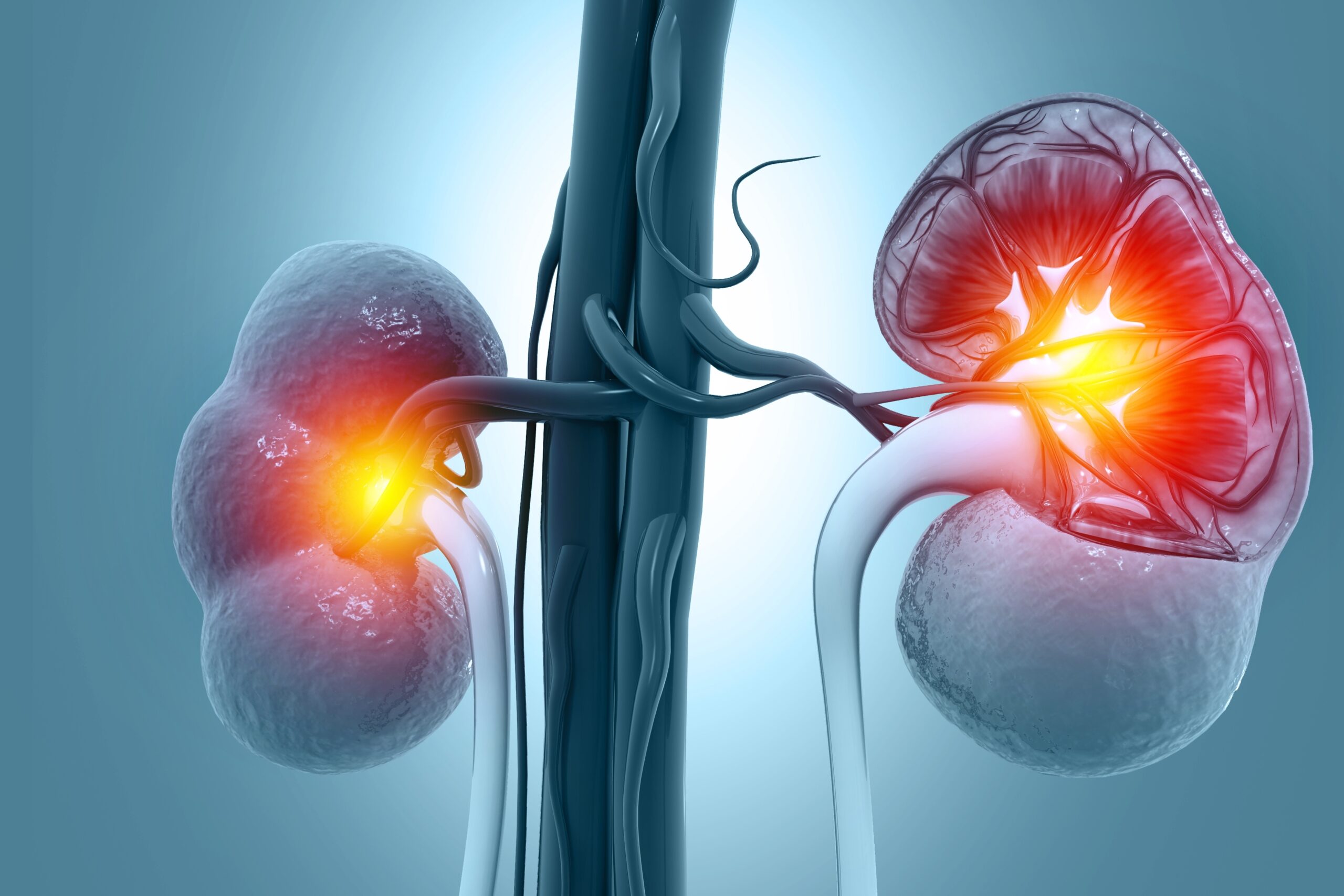
It is understood that infection with Opisthorchis felineus, a fish-borne liver fluke, occurs due to the consumption of raw or undercooked fish and causes serious liver damage in humans. Limited evidence shows that kidney damage may co-occur with chronic infection with this parasite.
To better understand pathomorphologic changes occurring in the kidneys and whether an association exists between immunoglobulin A nephropathy (IgAN) and liver fluke infection, Anna Kovner and colleagues conducted a retrospective analysis of kidney autopsy samples. Their study covered five years, included 84 samples, and incorporated histologic analysis, immunohistochemistry, and statistical analysis.
The researchers uncovered the first evidence that chronic O. felineus infection in humans is associated with tubular dystrophy, accumulation of renal tubular casts, and glomerulosclerosis. Hypertension increases the pathomorphologic changes associated with chronic infection.
In addition, the study found that IgA and the O. felineus total antigen were present in the glomeruli of infected individuals. The Fisher test revealed a significant association between O. felineus infection and IgAN as well as an association between O. felineus infection and glomerulosclerosis.
The authors concluded that O. felineus infection is not just a hepatobiliary disease, and their results highlight the importance of individualized monitoring of kidney function in patients who are infected.







 © 2025 Mashup Media, LLC, a Formedics Property. All Rights Reserved.
© 2025 Mashup Media, LLC, a Formedics Property. All Rights Reserved.